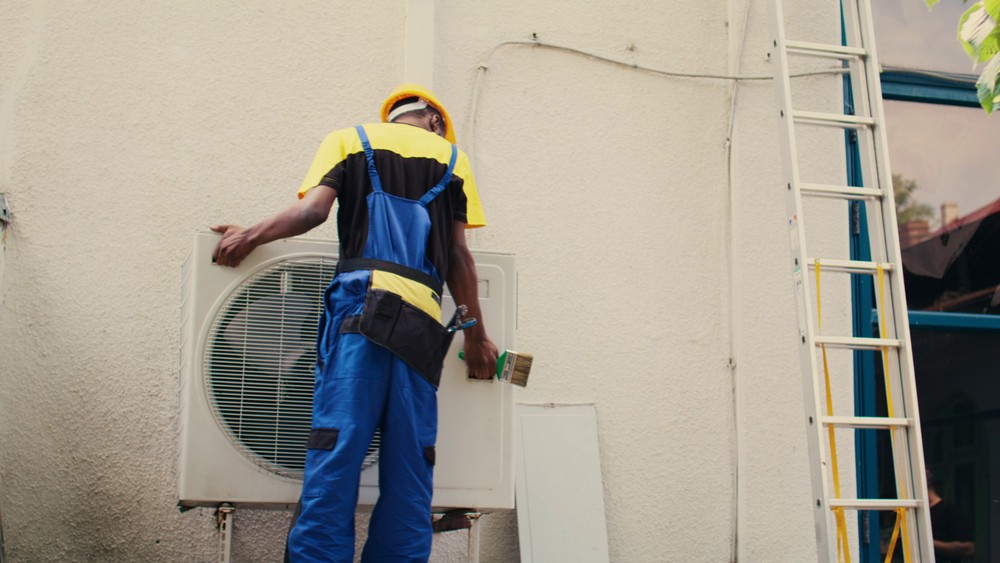Understanding the Importance of HVAC Maintenance
Effective functioning of Heating, Ventilation, and Air Conditioning (HVAC) systems is crucial for maintaining comfortable indoor environments. Regular maintenance can significantly enhance system performance and extend the lifespan of the unit. According to Bob Vila, many HVAC units have a service life ranging from 15 to 25 years, but with proper care, this longevity can be maximized. By understanding the maintenance needs of your HVAC system, homeowners can ensure that their equipment operates efficiently. Routine care not only prolongs the system’s life but also leads to significant cost savings over time.
Preventive maintenance plays a critical role in the efficient operation of HVAC systems. This involves scheduled inspections, cleaning, and part replacements, which collectively safeguard the system from major breakdowns. Nearly 90% of American households utilized air conditioning in 2020, according to This Old House, emphasizing the reliance on these systems for optimal home environments. The focus on preventive measures ensures that your HVAC unit can handle extreme weather changes without faltering. When homeowners invest in regular maintenance, the risk of sudden malfunctions reduces, ensuring comfort throughout the year.
The seamless operation of an HVAC system is directly tied to how well it is maintained. Neglecting routine maintenance can lead to gradual performance decline, resulting in increased energy consumption and higher utility bills. By mitigating potential issues before they become severe, homeowners can maintain their HVAC systems in top condition. The peace of mind that comes with a well-functioning system enhances the overall living experience. Keeping a maintenance schedule ensures that the system remains efficient, thereby securing comfort and peace at home.
The Impact of Clean Ductwork
One of the critical components often overlooked in HVAC efficiency is ductwork. Clean ducts are essential for optimal airflow and system performance. The U.S. Department of Energy states that dirty or obstructed ducts can reduce the efficiency of HVAC systems by as much as 25%. Ensuring that the ducts remain free from blockages results in better air circulation and reduced energy wastage. When ducts are regularly maintained, the HVAC system can operate more efficiently, making the home a more comfortable place for its inhabitants.
Over time, air ducts can accumulate dust, debris, and even mold, which can compromise indoor air quality. Dirty ducts not only reduce the efficiency of the HVAC system but can also pose health risks to residents. By regularly cleaning and inspecting ducts, homeowners can prevent these issues from escalating. Maintaining clean ductwork ensures that air quality remains high, contributing to a healthier home environment. With cleaner air ducts, HVAC systems require less energy to distribute air, translating to reduced utility costs.
Investing in professional duct cleaning services is a proactive step towards maintaining system efficiency. Such services involve thorough cleaning practices that eliminate dirt buildup and improve air quality. By addressing any duct-related inefficiencies, homeowners can significantly boost their system’s performance. Clean ductwork not only ensures efficient energy use but also contributes to the longevity of the entire HVAC system. Proactive care in this area enhances both system performance and quality of life within the home.
Setting Up a Routine Maintenance Schedule
Establishing a routine maintenance schedule is a cornerstone of effective HVAC management. Scheduling routine check-ups can identify potential issues before they become costly repairs. By maintaining a regular calendar for inspections and cleaning, homeowners can ensure that their HVAC systems operate efficiently throughout the year. This foresight not only maximizes longevity but facilitates energy savings over time. A structured maintenance routine keeps the HVAC system in prime condition, promoting a comfortable living space.
Regularly scheduled maintenance checks can help detect wear and tear in system components before they compromise efficiency. Early detection of such issues leads to timely repairs, which can prevent system downtime and maintain energy efficiency. With a clear maintenance schedule in place, any emerging issues can be addressed promptly, maintaining a harmonious home environment. This proactive approach is instrumental in reducing unexpected breakdowns and ensuring consistent comfort. For homeowners, investing time in maintenance planning equates to enhanced performance and system durability.





Be First to Comment